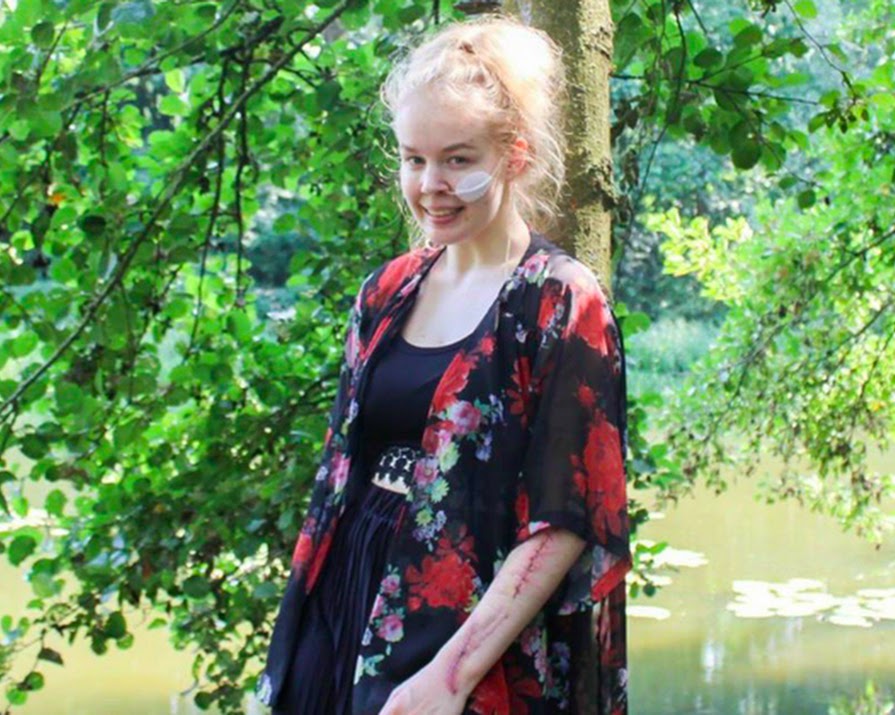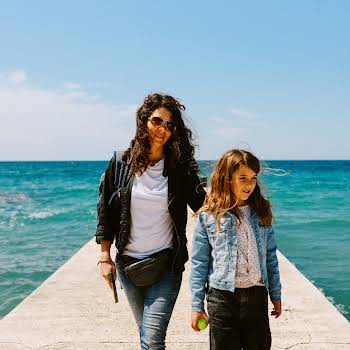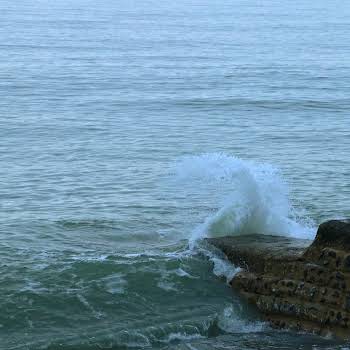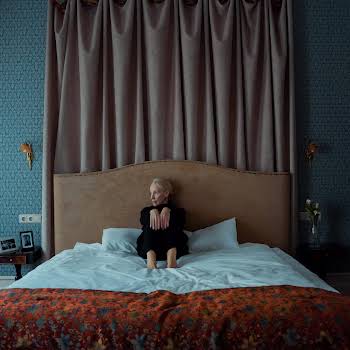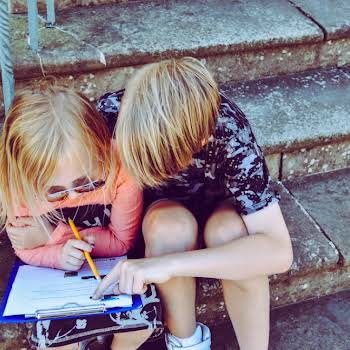
Noa Pothoven: The complicated death of a little girl who didn’t want to grow up
By Amanda Cassidy
15th May 2022
15th May 2022
The hysteria was inevitable. Reports of a young teenager euthanised as a result of rape and depression. Noa’s death was a tragedy. The reporting of it, a travesty. Amanda Cassidy looks back on the euthanasia that wasn’t
“I’ve lost the will to fight,” offered 17-year-old Noa as a way of explanation in a devastatingly sad Instagram post. The now-deleted words portray a girl beaten down by her long battle with anorexia, severe depression and post-traumatic stress disorder. She died last Sunday at home with her family.
The Dutch teenager first came to the public’s attention after writing a book about her struggles called Winning or Learning in which she told her tragic story which resulted in numerous suicide attempts.
Always scared
By the age of 11, Noa had been sexually assaulted twice when she attended children’s parties. At 14, two men raped her in a field in the city of Arnhem. She was too frightened to tell her parents. During an interview with the local paper, De Gelderlander, she said that she felt “too afraid and ashamed.” She struggled to recover from the horrific ordeal. In her autographical book, she said she didn’t tell anyone for years and that the experience had changed her irrevocably.
Related: This description of depression by Jim Carey will stop you in your tracks
“Out of fear and shame, I relive the fear, that pain every day. Always scared, always on my guard. And to this day my body still feels dirty. My house has been broken into, my body, that can never be undone.”
Pothoven spoke to the Gelderlander newspaper in December and revealed she had requested euthanasia but it was denied. “They consider that I am too young to die. They think I should finish my trauma treatment and that my brain must first be fully grown. That lasts until your 21st birthday. It’s broken me because I can’t wait that long.”
Hard to accept
Desperate to help their stricken daughter, Noa’s parents sought electroconvulsive treatment which was denied because of her young age. Over the following months, Noa attempted to end her life on several occasions.
A reporter with the Gelderlander, Paul Bolwerk said she finally decided to withdraw from all forms of treatment. “And that was very stressful for everyone, including the parents, the doctors, the psychiatrists. So she stayed at home and decided not to eat and drink, and it was very hard to accept that for everyone.”
“Dutch medical guidelines state that if a patient does not consent, care providers may not provide treatment or care”.
Although Noa had approached an end-of-life clinic in the run-up to her death, the media wrongly reported that the 17-year-old had been euthanised. It was a mistake that has caused her family great distress as they try to mourn her loss as well as causing an uproar in Holland.
Unbearable
To be clear, the Dutch media reported, correctly, that Noa died from a lack of food and drink at her own will. The Dutch Health Minister clarified what the criteria of euthanasia really is. “It defines the process as being performed by a physician, who administers a fatal dose of a suitable drug. In the case of assisted suicide, the drugs are supplied by the doctor, but the patient delivers the dose themselves.
“My suffering is unbearable.”
The Guardian reported that her parents and doctors reportedly agreed not to force-feed her. Dutch medical guidelines state that if a patient does not consent, care providers may not provide treatment or care.
While Noa did previously go to a clinic and request to die— without the consent of her parents — that request was denied. In the now-deleted post on Instagram, Noa let her followers know that she was planning her death. “I’ll get straight to the point: within a maximum of 10 days I will die,” it reads. “After years of fighting and struggling it is over. I have stopped eating and drinking for a while now, and after many conversations and reviews, it has been decided that I will be let go because my suffering is unbearable. It is finished.”
Stigma
Her death inadvertently raised a moral dilemma about being allowed to die if one should wish. It also raised uncomfortable questions about media reporting and hype.
Both Noa’s life and death were tinged with sadness and tragedy. She was a little girl who didn’t want to grow up. She felt strongly that her story needed to be shared to help others.
After her book was published, she said in an interview; “I wrote the book because I hope to break through the stigmas. Things need to be better and I hope my story can serve as an example.”
First published June 2019
Read more: Maternal mental health: ‘When my son was born, I felt overwhelmed’











